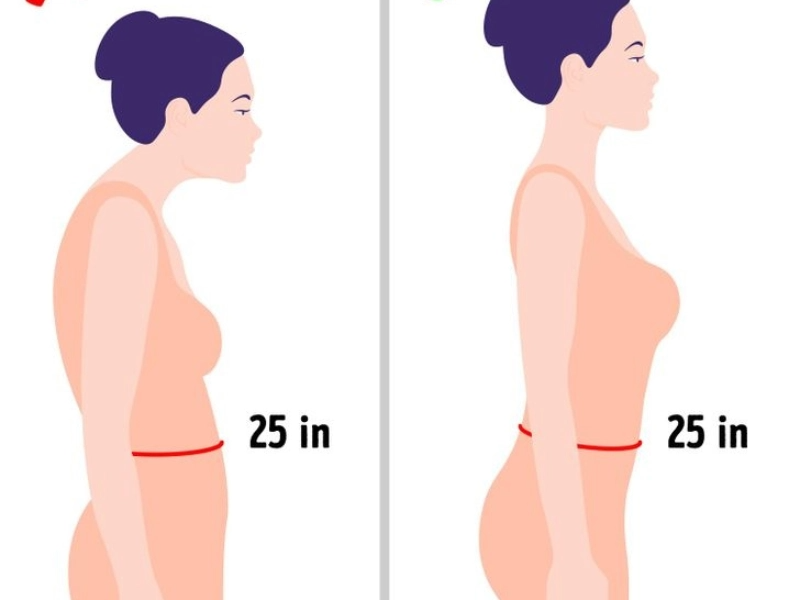8. They’re not bad for the heart.

Contrary to past beliefs, egg consumption doesn't directly contribute to heart disease or stroke in healthy individuals. However, some studies suggest diabetic egg consumers might face increased heart disease risk. Interestingly, research also indicates egg eaters following low-carb diets may experience reduced heart disease risk. Over the years, extensive research on egg consumption and heart health has revolutionized scientific understanding. Modern studies reveal dietary cholesterol (like that in eggs) impacts blood cholesterol levels far less than previously thought. Actually, saturated and trans fats influence cholesterol levels much more significantly than dietary cholesterol. Large-scale studies show no substantial link between egg consumption and cardiovascular disease in healthy people. In fact, eggs contain heart-healthy nutrients like vitamin B12, folate, and riboflavin, which help regulate homocysteine levels—a known heart disease risk factor. Additionally, yolk phospholipids may help reduce inflammation and improve lipid profiles, further supporting cardiovascular health. Individuals with specific medical conditions should consult doctors to determine appropriate egg consumption levels.
Advertisement
Recommended Reading: Mind Blowing Coincidences So Wild They Are Almost Unbelievable
You are viewing page 9 of this article. Please continue to page 10
























Supports graceful sunset planning.
This scales. Who has tried already?
Balances forward and fallback paths.
Leaves room for graceful rollback.
Starter kit for deeper dives.